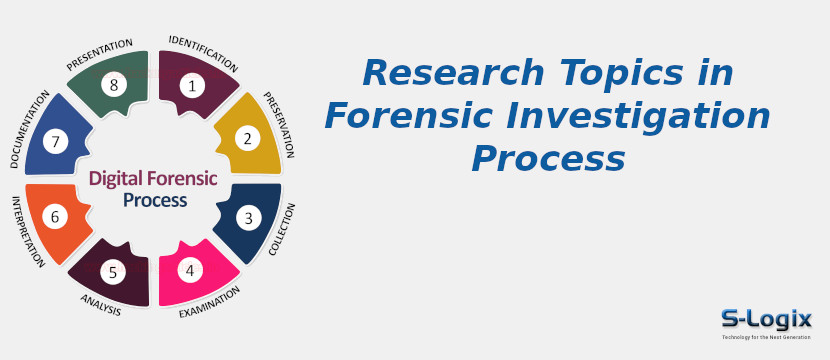In the digital world, the rapid increase of malicious activities necessitates conducting a forensic investigation to present the evidence reports for the legal proceedings. In contrast to the investigation of cyber security incidents, a digital forensic investigation ensures the reliability, soundness, and validity of the evidence. Hence, the forensic investigation process is vital to acquire and analyze the evidence with the proper documentation of forensic report to be admissible in a court of law.
Nowadays, forensic investigators and practitioners encounter challenges in performing standardized forensic procedures to investigate the generation of quality forensic reports for legal proceedings. Hence, developments in the forensic investigation process legally facilitate the investigators throughout the digital inquiry process.
Research trends in the digital forensic investigation process are increasingly focused on the perception of digital forensic professionals. With the proliferation of digital technologies, including mobile devices, cloud, mobile cloud, and Internet of Things (IoT), digital forensics has become a complex discipline in extracting evidence from virtual and digital systems. Hence, different forensic investigation process has been designed along with the fundamental investigation processes of the identification, collection, preservation, examination, analysis, and presentation.
